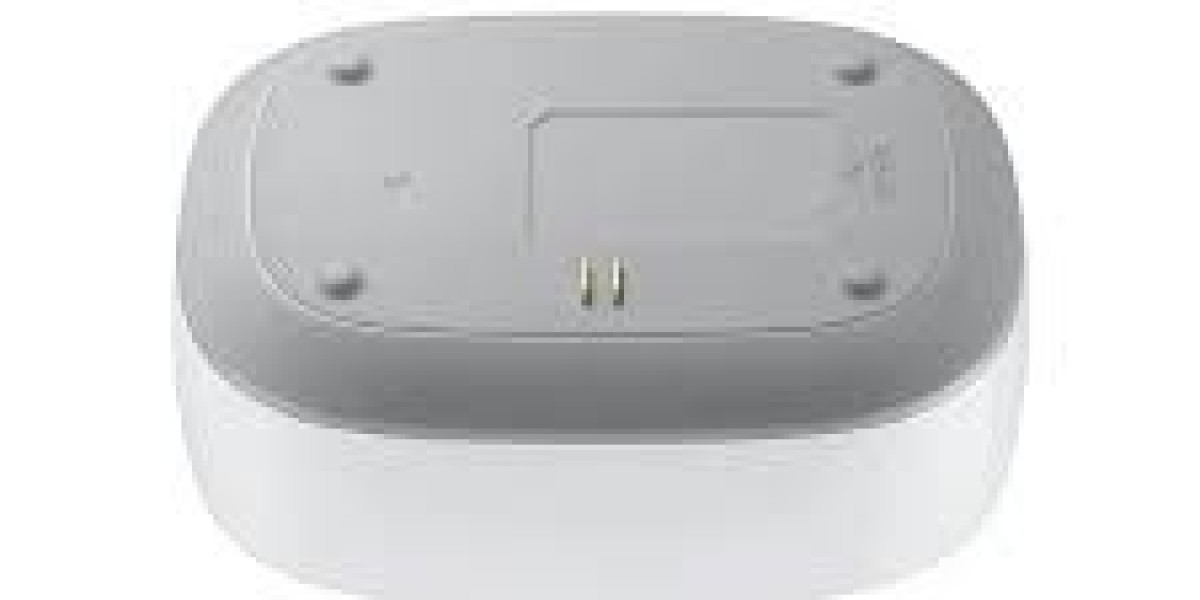A Water Leak Sensor is a device designed to detect the presence of water in areas where it shouldn't be, such as basements, kitchens, bathrooms, or near appliances like washing machines and water heaters. These sensors are essential for preventing water damage, mold growth, and costly repairs in residential and commercial properties.
How Water Leak Sensors Work
Water leak sensors typically use one of two main technologies to detect leaks:
- Conductive Sensors: These sensors detect water by measuring the electrical conductivity between two probes. When water bridges the gap between the probes, the sensor triggers an alarm or notification.
- Capacitive Sensors: These sensors measure changes in capacitance caused by the presence of water. They are often more sensitive and can detect even small amounts of water.
Key Features of Water Leak Sensors
- Alert System: Most sensors come equipped with alarms or notifications that alert homeowners or property managers when a leak is detected. This can include loud alarms, visual indicators, or mobile app notifications.
- Connectivity: Many modern sensors can connect to smart home systems or Wi-Fi networks, allowing users to monitor their property remotely.
- Battery Backup: Some sensors have battery backup features, ensuring they continue to function even during power outages.
- Multiple Sensor Points: Advanced systems may include multiple sensors that can be placed in different locations, all monitored from a single device or app.
- Temperature Sensors: Some models also include temperature sensors to detect freezing conditions, which can help prevent pipe bursts.
Benefits of Water Leak Sensors
- Early Detection: By identifying leaks early, these sensors can help mitigate damage before it escalates, saving homeowners from costly repairs.
- Prevent Mold Growth: Water leaks can lead to mold, which poses health risks. Early detection helps prevent this issue.
- Insurance Benefits: Some insurance companies may offer discounts for homes equipped with leak detection systems, recognizing the reduced risk of water damage.
- Peace of Mind: Knowing that your home is protected by a water leak sensor provides reassurance, especially for properties left unattended for extended periods.
Installation and Maintenance
Installation
Water leak sensors are generally easy to install. Most devices can be placed on the floor in areas prone to leaks or attached to walls near appliances. For wireless models, following the manufacturer's instructions for setup and connectivity is crucial.
Maintenance
Regular maintenance involves checking batteries (if applicable), ensuring sensors are clean and unobstructed, and testing the alarm system to ensure it functions correctly. Periodically reviewing the placement of sensors based on any changes in the home layout or usage can also enhance effectiveness.
Types of Water Leak Sensors
- Standalone Sensors: These are individual units that detect leaks and sound an alarm on-site.
- Smart Sensors: Integrated into smart home systems, these sensors send alerts to smartphones and can be programmed for remote monitoring.
- Whole-House Systems: These comprehensive systems can monitor multiple areas and may include shut-off valves that automatically stop water flow in case of a detected leak.
Choosing the Right Water Leak Sensor
When selecting a water leak sensor, consider the following:
- Sensitivity: Look for a sensor that can detect small leaks as well as larger ones.
- Connectivity: Choose a model that fits into your existing smart home ecosystem if desired.
- Alarm Features: Evaluate whether audible alarms, app notifications, or both are important for your needs.
- Power Source: Decide between battery-operated or plug-in models based on your preferences.
Conclusion
Water leak sensors are vital tools for safeguarding homes and businesses against water damage. By providing early detection and notification, these devices help protect valuable property and promote peace of mind. Investing in a reliable water leak sensor system is a proactive measure that can save time, money, and stress in the long run.








